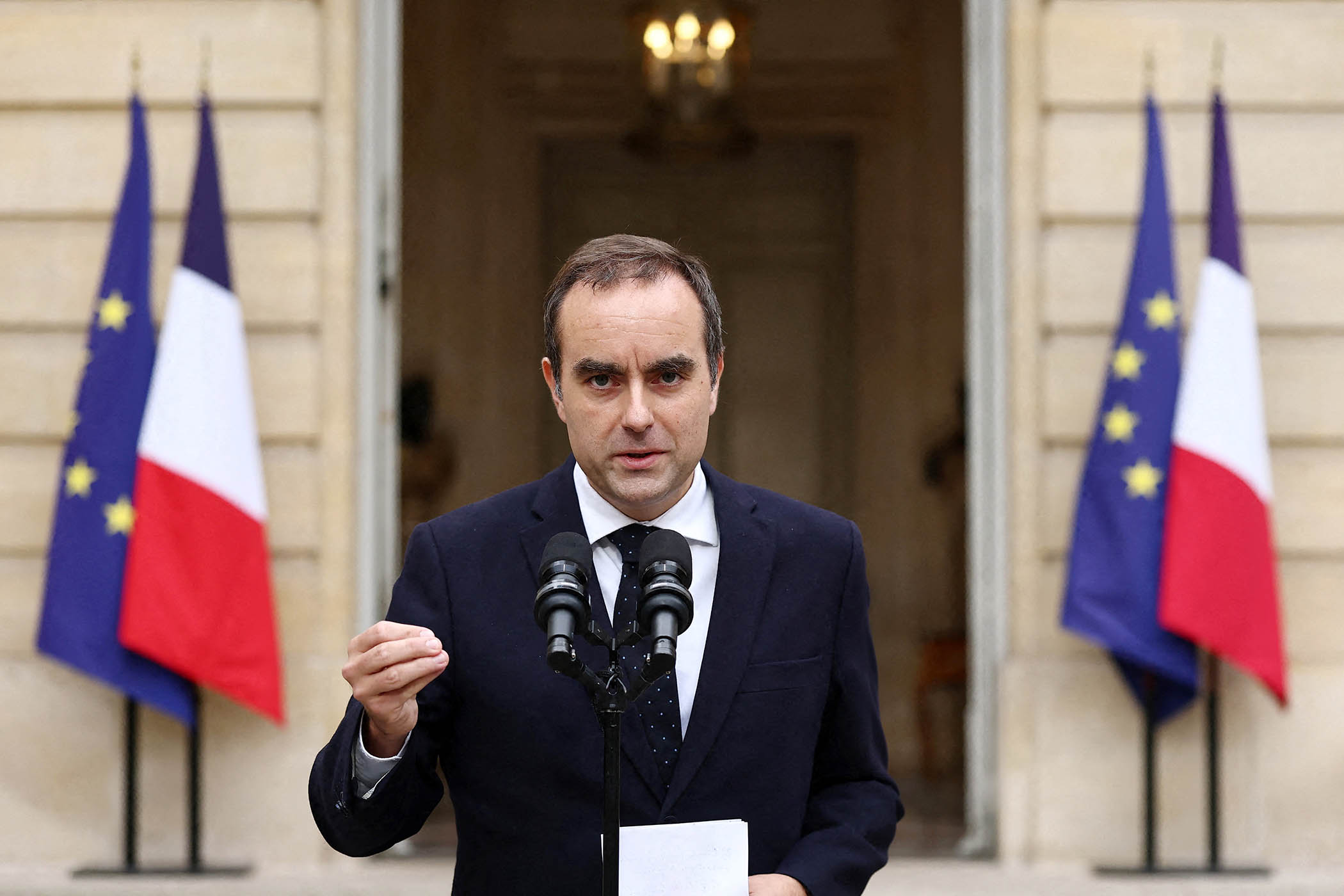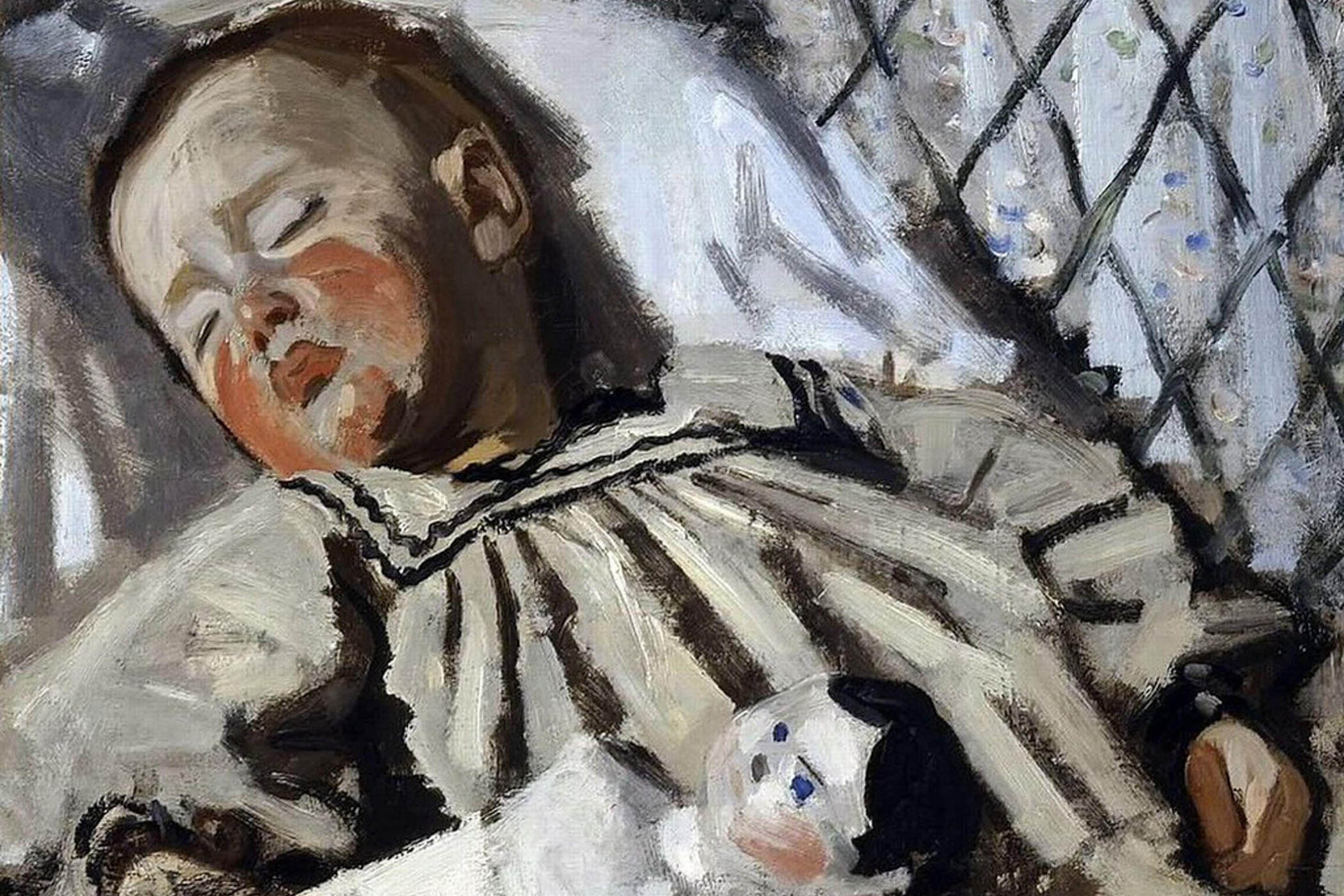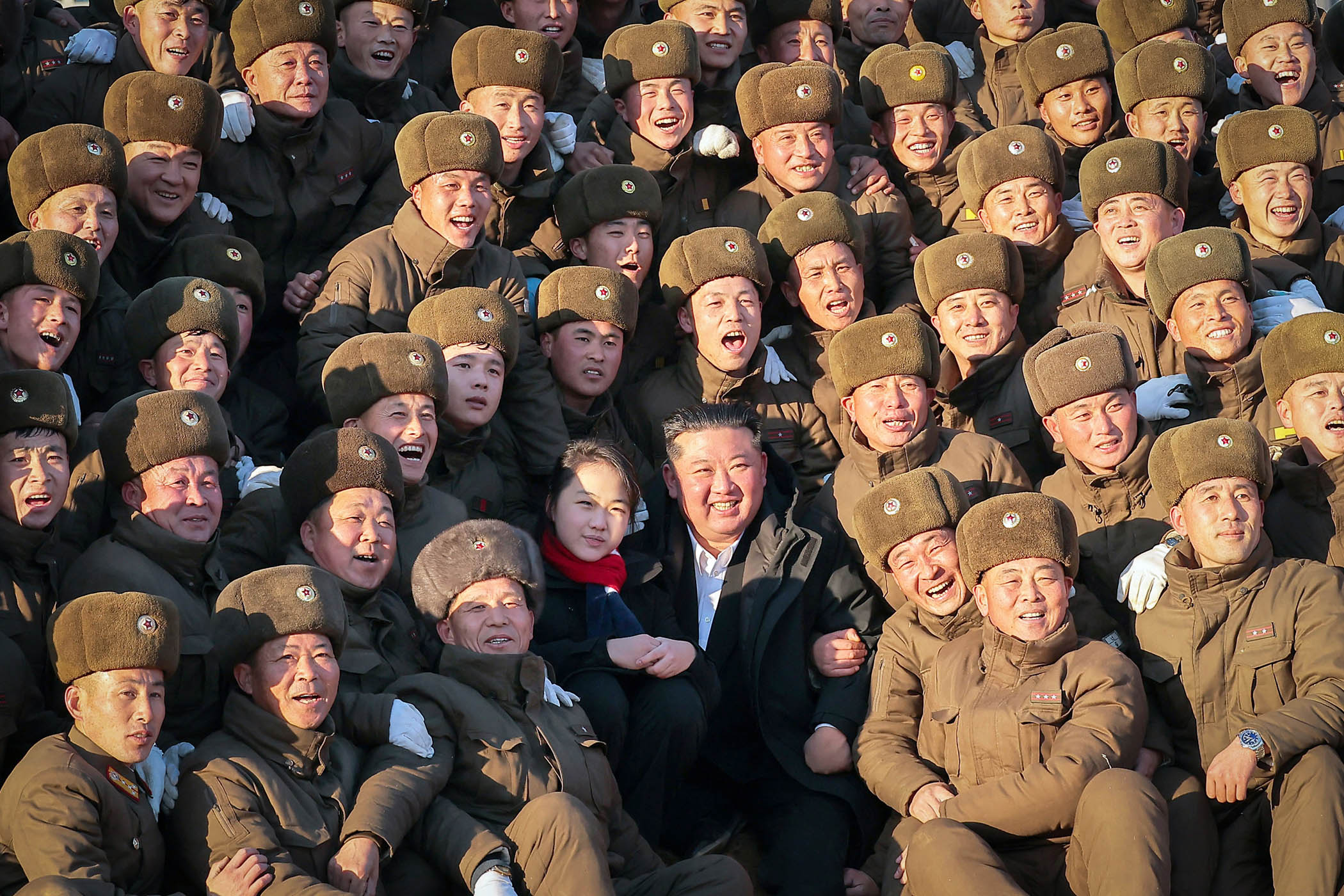Sébastien Lecornu has resigned after 27 days in the job.
So what? France has now had four prime ministers in the past year as it struggles to agree on a budget to bring down its considerable national debt. Lecornu announced his resignation hours before his new cabinet was due to meet for the first time. It
•
makes him the shortest-lived prime minister in modern French history;
•
deepens a political morass that has paralysed the government; and
•
piles yet more pressure on Emmanuel Macron’s hobbled presidency.
Here we go again. Lecornu’s predecessor François Bayrou was ousted after failing to get parliament to back a spending plan that would have necessitated savings of €44 billion, largely through spending cuts and cancelling two public holidays.
No consensus. Macron appointed Lecornu to break the deadlock. Last week Lecornu promised not to ram a budget through parliament without a vote and proposed a new wealth tax. He hoped this would open room for a compromise, presenting it as a significant break with the past, but opposition parties wanted further concessions.
Familiar faces. Unveiling a cabinet on Sunday that was almost identical to Bayrou’s didn’t help, casting doubt on Lecornu’s commitment to change and drawing criticism from his own interior minister. Handing the defence portfolio to former finance minister Bruno Le Maire, the man blamed by opposition parties for France’s economic woes, was particularly unpopular.
Pointing the finger. Fourteen hours later, Lecornu resigned in a “spontaneous” speech outside his residence. He blamed his government’s collapse on “partisan appetites”, saying “every party wanted every other party to adopt its full programme”.
Economic hit. Markets reacted negatively to Lecornu’s resignation, which indicates the eurozone’s second biggest economy may be ungovernable. The euro and French stocks slumped as yields on government bonds rose, reflecting a lack of investor confidence.
The figures. This worsens France’s economic predicament. Growth is forecast at a sluggish 0.6 per cent this year, foreign trade recently slipped back into deficit, and the towering national debt is one of the largest in the eurozone.
The gambler. The current political crisis stems from Macron’s decision to call a snap parliamentary election last year. The president hoped it would shore up his position after dire European elections. Instead voters returned a hung parliament, with the left, far right and Macron’s centrist coalition winning a roughly equal number of seats.
Back story. This fragmentation is a relatively new phenomenon. For decades France’s politics were dominated by the centre left and right. Macron remade this structure with his centrist party when he was elected in 2017. Now, after years of economic stagnation, trust in politics is at rock bottom and hardline positions increasingly popular.
Newsletters
Choose the newsletters you want to receive
View more
For information about how The Observer protects your data, read our Privacy Policy
Chosen ones. Instead of appointing a prime minister from the left, which came first in July’s poll, Macron has picked allies from the centre and the diminished traditional right. This has further damaged political trust, although choosing a leftist prime minister would have meant undoing many of his economic reforms, including unpopular changes to the pension system.
Lame duck. Macron is now faced with three bad options. They are
•
appointing a new prime minister who would face the same difficulties as his or her predecessors;
•
calling fresh parliamentary elections that his party would probably lose, given its low polling; or
•
resigning as president, something he has repeatedly ruled out.
On the streets. Last week hundreds of thousands of demonstrators protested against austerity measures, one of a series of recent protests and strikes that recall the gilets jaunes movement of 2018-2020. More unrest could be on the way.
What’s more… Macron is hamstrung at home while he plays a prominent role internationally, especially on Gaza and Ukraine. He may now focus on diplomatic efforts for the remainder of his presidency, which expires in 2027.



